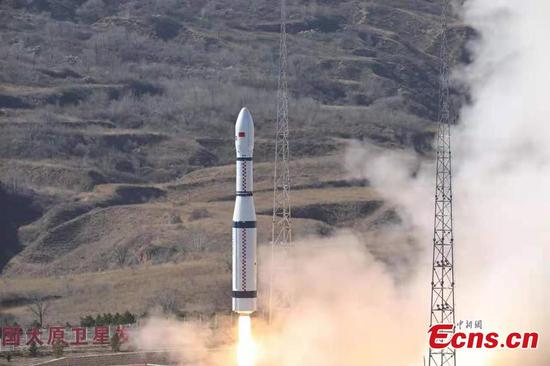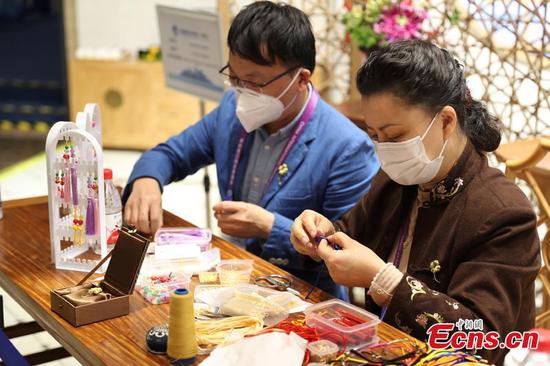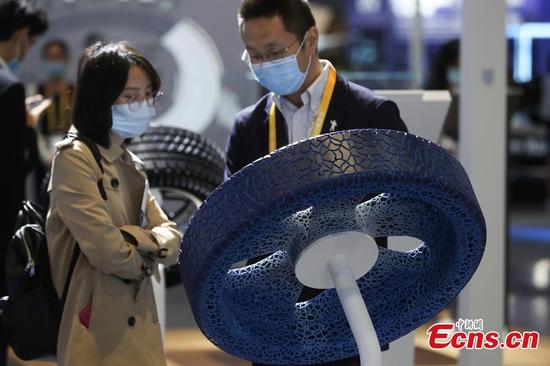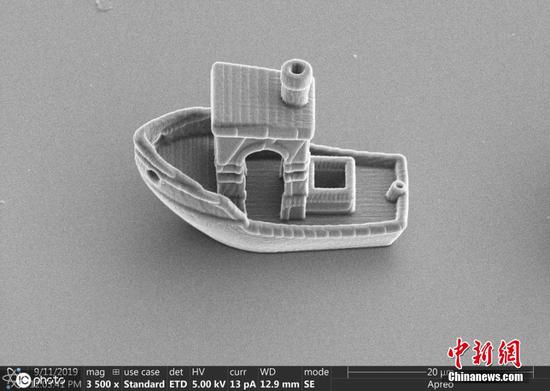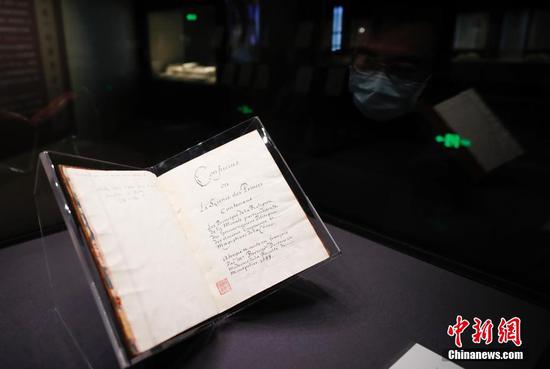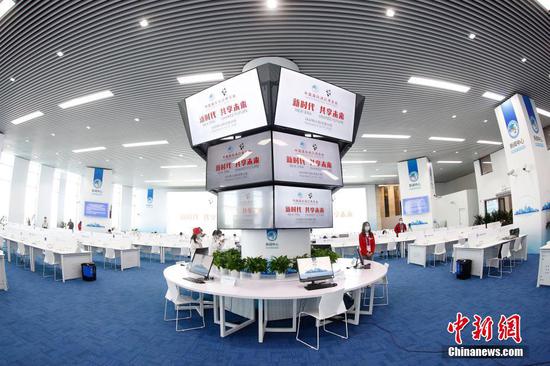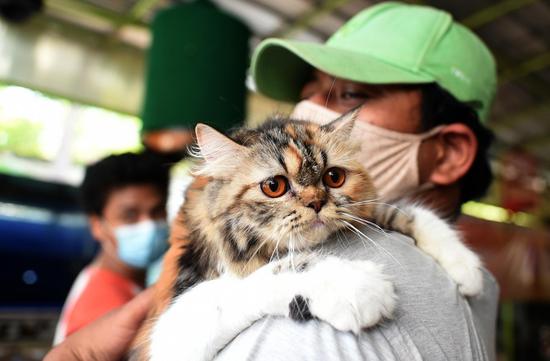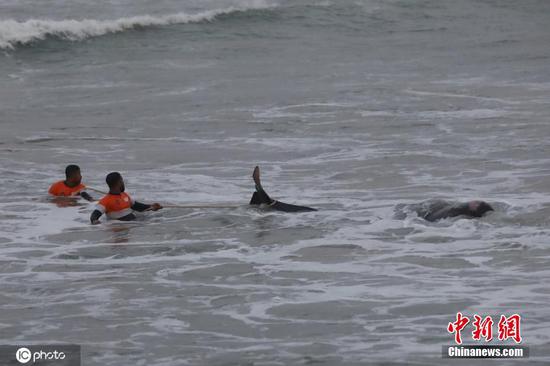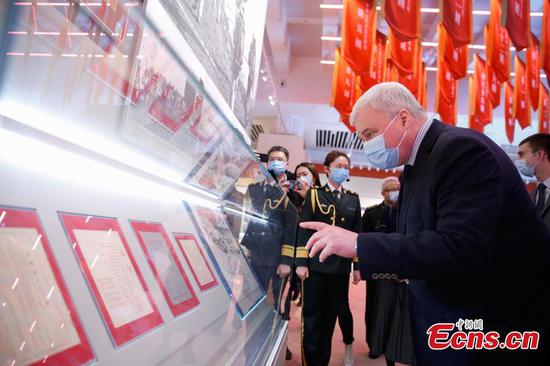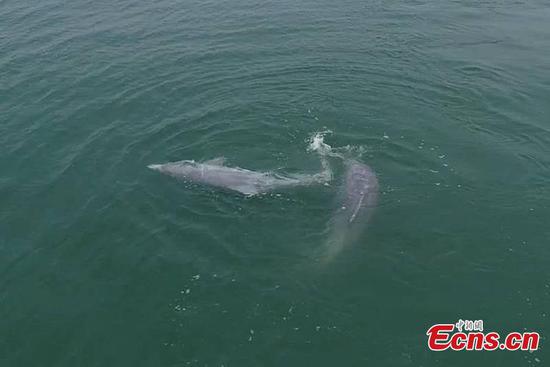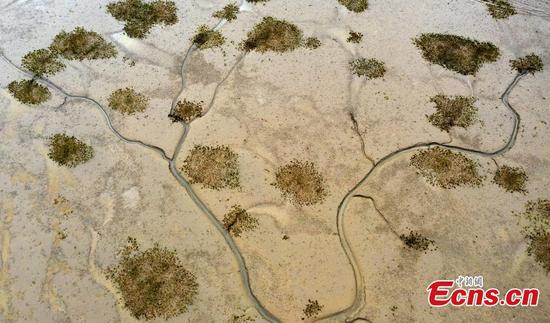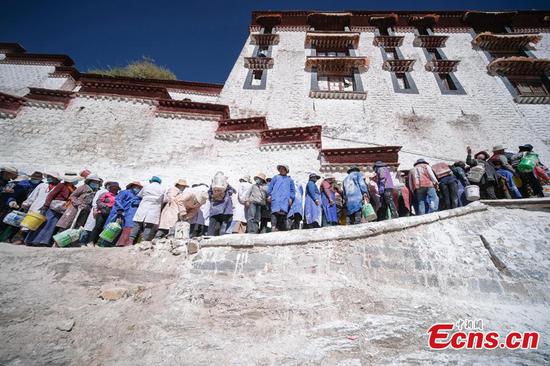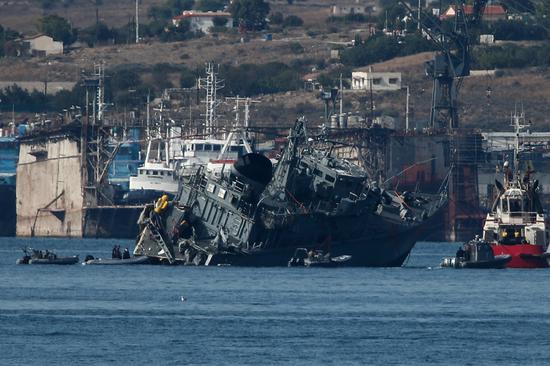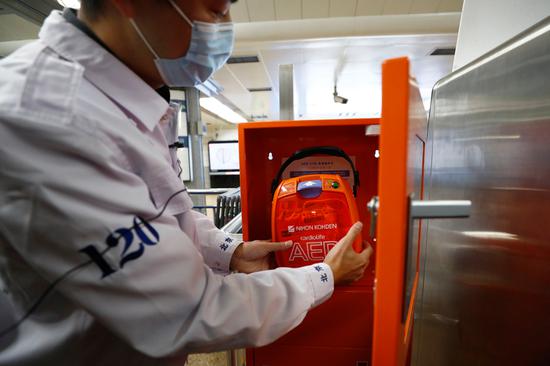Half of China's 40 most-wanted economic crime suspects are in the United States, an article posted on the website of the country's top anti-graft watchdogs said on Saturday.
The article, published on the website of the Central Commission for Discipline Inspection and the National Supervisory Commission, said that in April 2015, when China released a list of the 100 most-wanted fugitives suspected of corruption and economic crimes, 40 were in the US.
Forty have yet to be brought back to China, with 20 still hiding in the US, it said.
In recent years, the US has ignored a criminal judicial assistance agreement signed in 2000, has undermined the longstanding cooperative relationship and has been passive in responding to China's requests for cooperation in areas such as the pursuit of fugitives, it said, adding that some US law enforcement departments have even provided asylum to fugitive suspects and have repeatedly blocked fugitives' voluntary return to China.
The US Justice Department charged eight people last month over their alleged participation in a Chinese government operation called Fox Hunt that was launched in 2014 to target economic crime suspects who have fled abroad. Five people, including three Chinese nationals, were arrested in the US.
The watchdogs' article said there is an international consensus on the need to cooperate in combating transnational corruption crimes and to refuse to provide "safe havens" for corruption suspects and illegal funds.
The US's recent moves run counter to the United Nations Convention against Corruption and the United Nations Convention against Transnational Organized Crime, as well as public commitments made by the US on the global stage, it said.
By June, 7,831 fugitives had been brought back from more than 120 countries and regions, with 19.6 billion yuan ($2.97 billion) in illicit gains retrieved. The article said that proved that China's anti-corruption campaign is a just cause that has won wide recognition and support from the international community.
It called for all countries to tackle the challenge of corruption together and fulfill their international treaty obligations instead of being "safe havens" for corruption.










